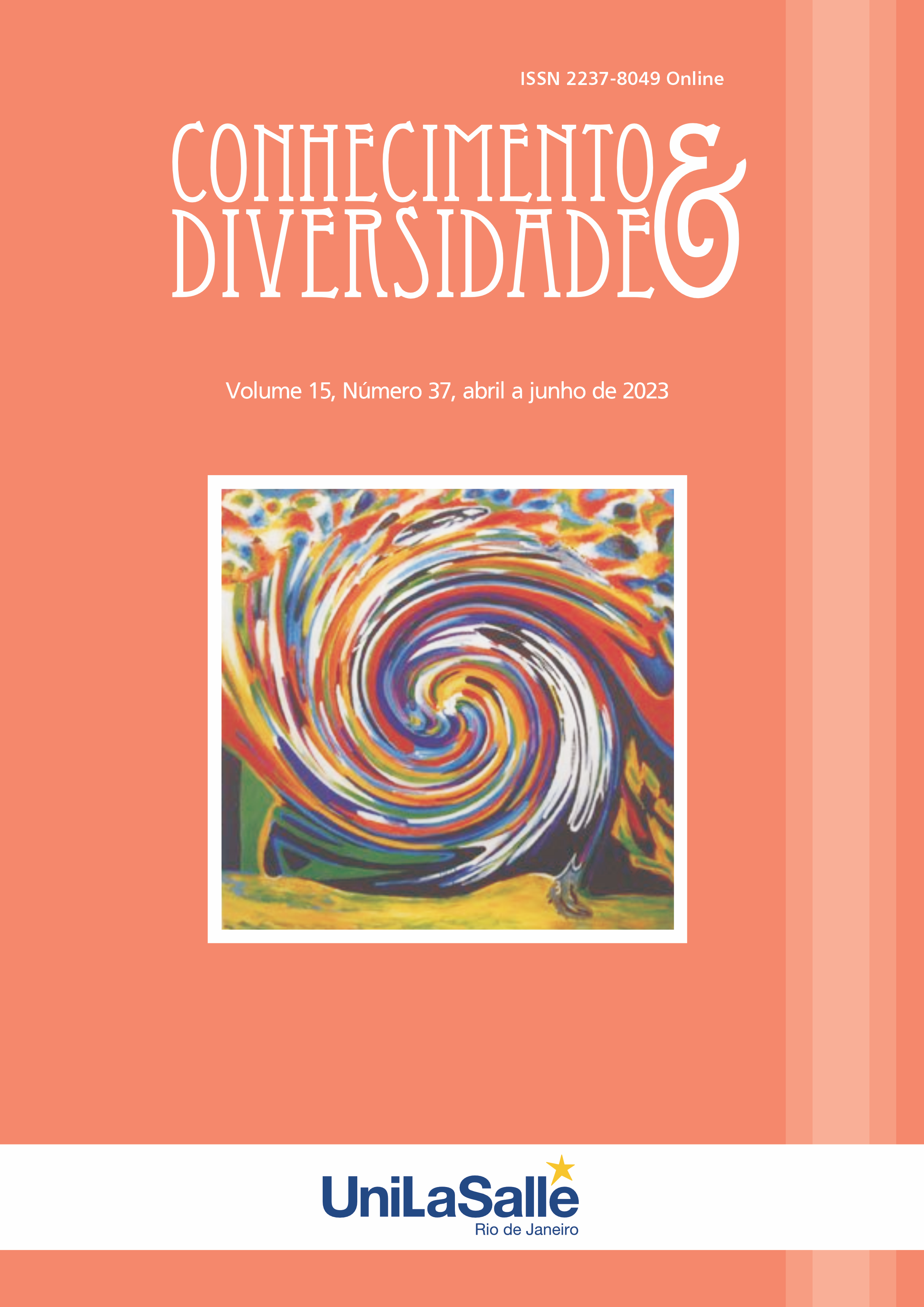USING FOLK GAME-BASED AND BODY TRAINING TECHNOLOGIES IN MODERN EDUCATION IN EUROPEAN COUNTRIES
DOI:
https://doi.org/10.18316/rcd.v15i37.10922Palabras clave:
Teaching technologies, Methods of physical training, Physical education, Body training, Physical development, Formation of physical skills and abilities.Resumen
Modern education involves dynamic physical and spiritual improvement of children and youth. The tendencies of its development should be aimed at overcoming the mutual physical, emotional and spiritual alienation of education seekers, ensuring the implementation of the creative component in the educational process. At the same time, the increased attention in physical education in European institutions nowadays is paid to the historical, cultural and humanitarian direction, while an increase in the importance of folk game-based body training tools and methods is observed. The purpose of the academic paper is to clarify the features and key tendencies in using folk game-based body training technologies in the educational process of European countries. During the research, the analytical and bibliographic method was used to study the scientific literature on using body training technologies in modern education. Along with this, induction, deduction, analysis, synthesis of information, system-structural, comparative, logical-linguistic methods, abstraction, and idealization were applied to study and process the data. Moreover, the research authors conducted the questionnaire in online mode to practically clarify the most significant issues related to the organization of the educational process in European countries. Based on the research results, the primary and most important theoretical aspects of the issue of applying folk game-based body training technologies in educational institutions of European countries were established, and the standpoints of scientists and heads of educational institutions regarding the key aspects of this issue were also investigated.
Descargas
Publicado
Número
Sección
Licencia
Derechos de autor 2023 Conhecimento & Diversidade

Esta obra está bajo una licencia internacional Creative Commons Atribución 4.0.
Tal como recomienda el Public Knowledge Project, RCD adopta para sus artículos una licencia CREATIVE COMMONS: Attribution CC BY 4.0
Esta licencia permite que otros distribuyan, remezclen, adapten y desarrollen su obra, incluso con fines comerciales, siempre que le atribuyan a usted el mérito de la creación original.
Esta es la licencia más adecuada que se ofrece.
Recomendado para la máxima difusión y utilización de los materiales bajo licencia.



